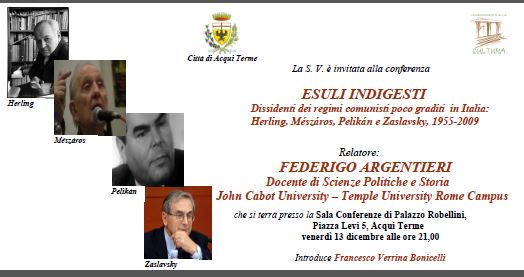We are soliciting papers for a workshop hosted at the Faculty of History of the University of Cambridge on the social history of money in the contemporary world on 27–28 June 2024. The workshop will aim to explore money as a social relationship both from national and transnational perspectives in non-Western regions, such as Eastern Europe, Latin America, Africa, the Middle East, and Asia, ranging from Far East developmental states to Latin American structuralism and socialist modernisation projects through the twentieth century. The workshop has two objectives. The first is to unravel the ways in which money has shaped and, in turn, has been shaped by social dynamics within national borders, particularly within production, consumption, and exchange, taking into consideration the cultural and social nuances specific to individual countries, societies, and communities, as well as state strategies that aim to regulate these diverse monetary dynamics through public finance techniques. The second objective is to investigate the effects of these domestic processes on peripheral modernisation projects, strategies of ‘alternative globalisation’, and engagement with international markets, as well as broader processes, like the postwar Keynesian revolution, financialisaton, globalisation, decolonisation, global economic crises, and the rise of neoliberalism.
Participants may consider the following questions of and perspectives on money, credit, and debt. However, the list is non-inclusive, and panellists are encouraged to explore other aspects beyond those mentioned below.
• States and Governments
What strategies did states and governments on the periphery of the world system employ to influence monetary value and thereby state capacity? What were the outcomes of these efforts? What roles did fiscal and monetary policies, ideological considerations, or the concept of ‘peripherality’ vis-à-vis the West play in shaping these processes? Can we identify cross-regional patterns in these dynamics, and to what extent can money be considered a ‘great equaliser’, converging states towards Western patterns?
• Individuals, Society, Producers, Consumers, and Markets
How did cultural, religious, or other community-based lending practices influence individuals’ creditworthiness and the social reproduction of credit and debt? How did individual perceptions and meanings of money evolve over time, and what impact did this evolution have both on society and the state? How did temporality feature in these processes and to what extent could this concept be useful to examine shifts in money’s (time)value?
• Domestic and International Financial Institutions, Stock Exchanges, and Financial Markets
What roles did (post)colonial financial institutions play in overseeing credits, investments, and monetary value, particularly in influencing interest rates within developing states? How did religion or culture feature in financial institutions’ credit extension practice? In what ways and to what extent did global shifts such as decolonisation, the rise of neoliberalism, the 1970s oil crises, and the disintegration of the Eastern Bloc impact lending practices and the reproduction of money, credit, and debt?
We are planning with conventional panels, each including up to three panellists, followed by a Q&A session. A keynote will be delivered by Dr Oscar Sanchez-Sibony (University of Hong Kong) on socialist political economy and Soviet financial globalisation in the twentieth century. The workshop will conclude with a roundtable discussion including museologists, focusing on museums and public engagement. Participants will be invited to publish their papers in a special journal issue.
Applications from any of the social and historical sciences, broadly considered, are welcome, provided papers adopt a historical approach. This includes, but is not limited to, disciplines such as history, sociology, anthropology, international relations, political economy, and political science. Early-career scholars are especially encouraged to apply.
Limited funding will be available to contribute to accommodation expenses for those without institutional support. Please indicate in your application if you request support to attend.
Please send abstracts of up to 300 words together with a short CV to Szinan Radi, sr2103@cam.ac.uk by 18 March 2024.













